Reports & Briefs
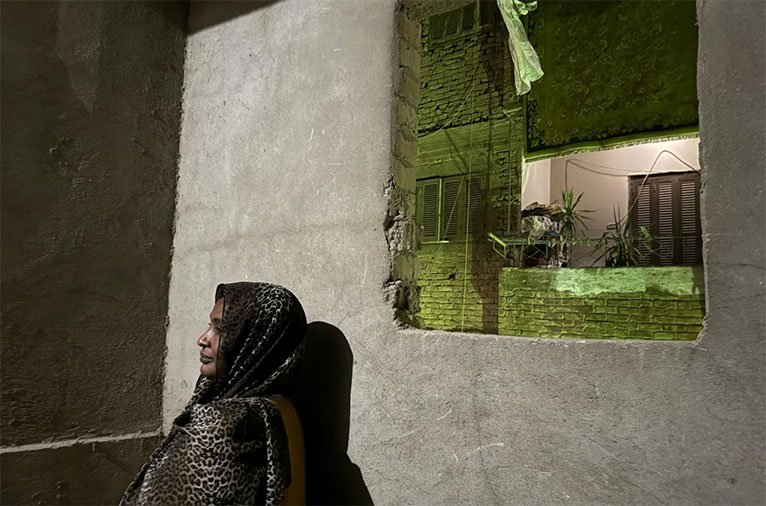
Sudanese refugees in Egypt face harsh realities despite the country’s ostensibly welcoming policies. The December 2024 Asylum Law, while claiming to align with international standards, introduces vague national security provisions and lacks essential safeguards, leading to increased risks of arbitrary detention and deportation for refugees. Particularly vulnerable are women and girls, who face heightened threats of exploitation and abuse, compounded by limited access to essential services like education, healthcare, and legal protection.
21 February 2025
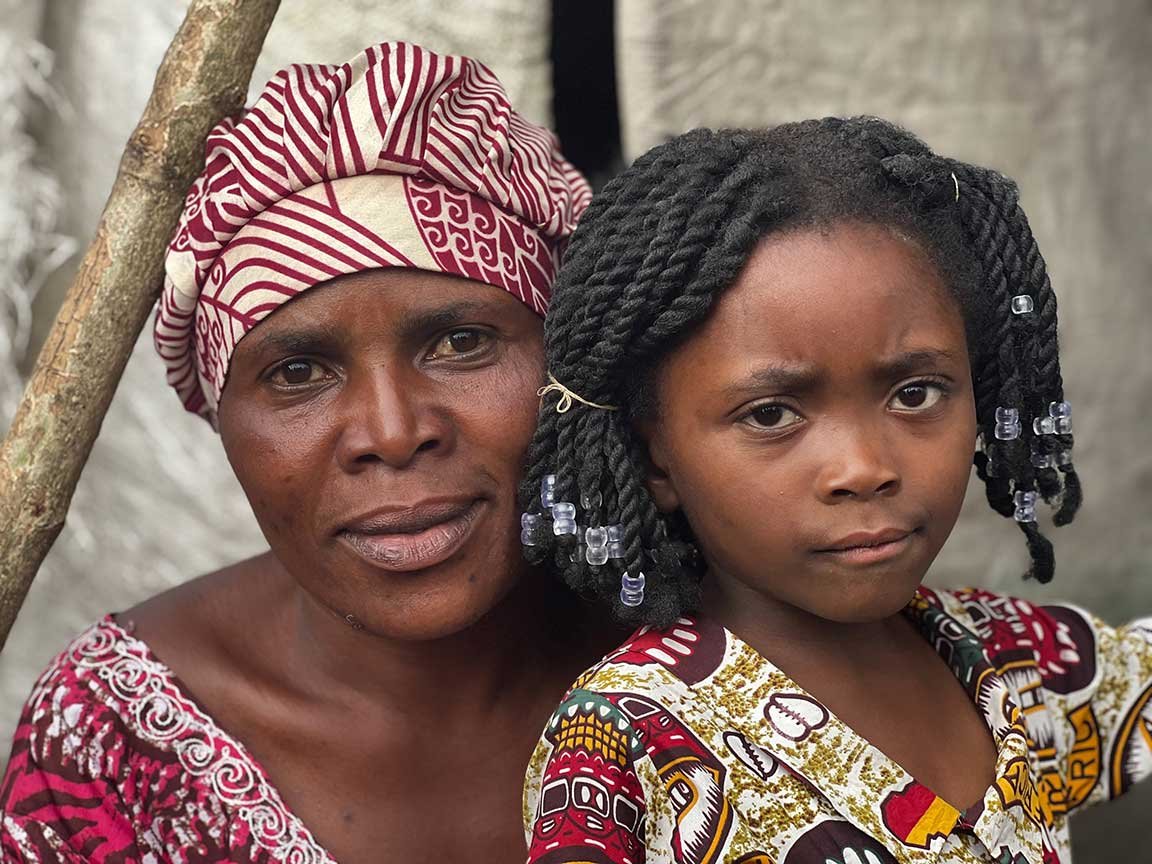
The Democratic Republic of the Congo (DRC), and especially the eastern part of the country, has endured decades of conflict, pitting government forces against rebel groups. The latest cycle of conflict between the government forces and M23 rebels has pushed about 1 million people to Goma—the capital and the largest city of the North Kivu Province. They are hosted in overcrowded camps for internally displaced people (IDPs) without adequate food, clean water, sanitation, healthcare, or education. Women have borne the brunt of the conflict, with belligerents accused of using sexual violence as a weapon of war.
5 April 2024
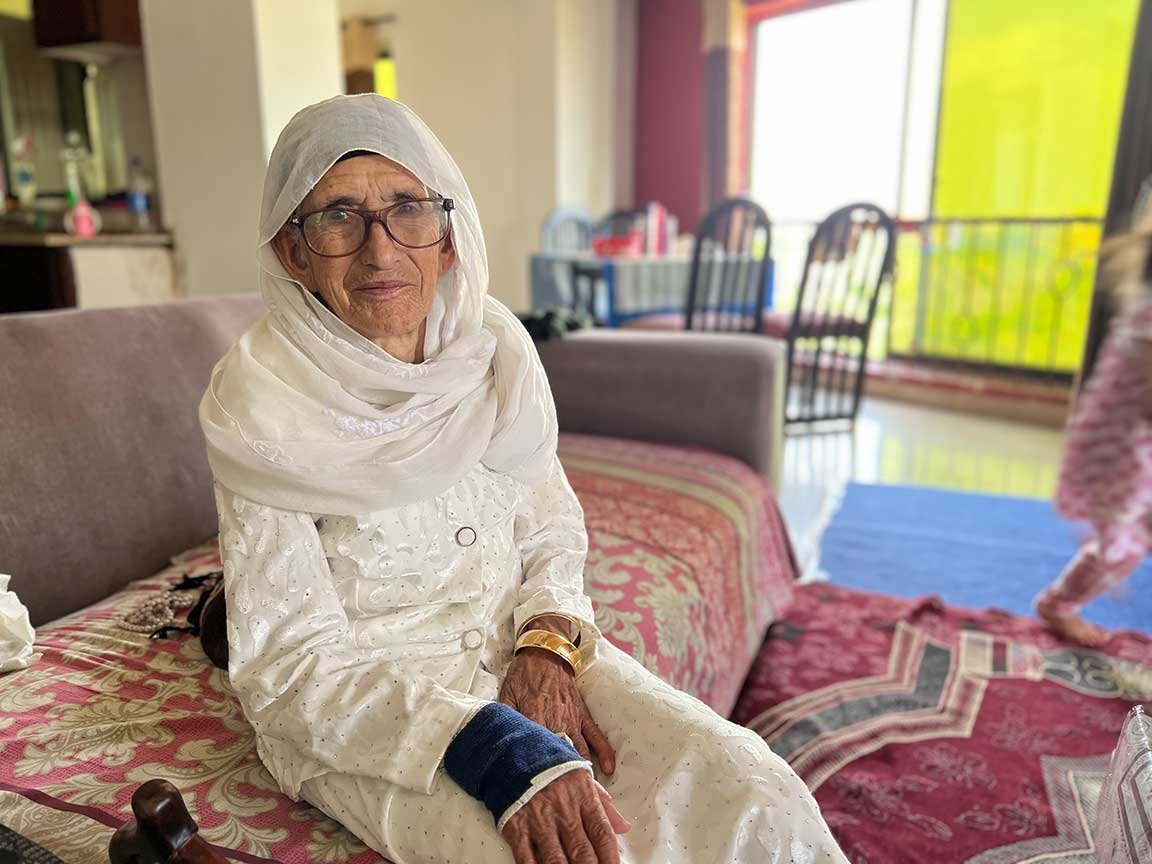
An estimated 600,000 Afghans have fled into Pakistan since the Taliban ascension to power in Afghanistan in 2021. At least 2.2 million unrecognized Afghans now live in Pakistan without legal status or protection in the country, in addition to at least 1.32 million registered and recognized Afghan refugees, many of whom have been in the country for decades. A considerable portion of the recent arrivals are women and girls who fled targeted threats and a general stripping away of their rights in Afghanistan. The unregistered Afghans – unable to obtain legal status in Pakistan but unable to safely return to Afghanistan – present a growing but officially unacknowledged dimension of the Afghan refugee crisis.
6 July 2023
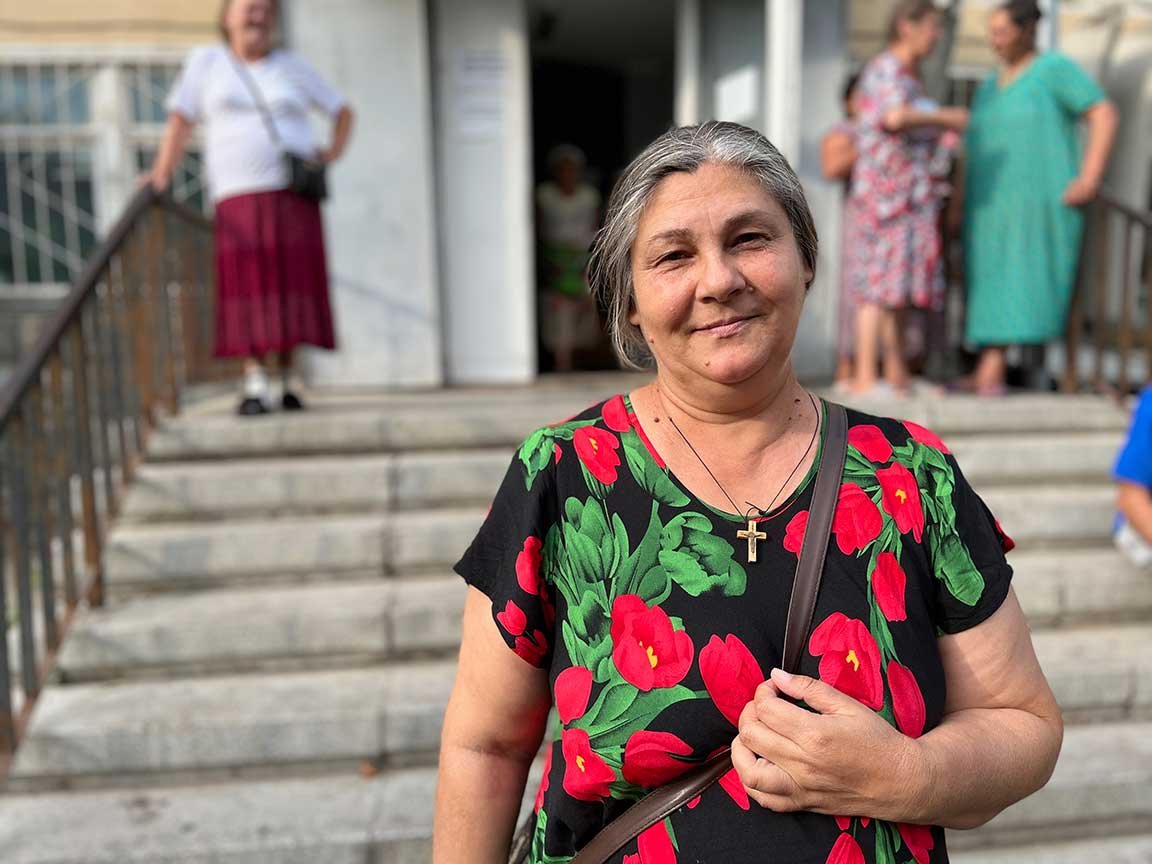
As the number of people displaced by the war in Ukraine continues to increase, Romania and Moldova have taken important, positive steps to welcome refugees. But as fighting drags on, the response must shift from providing emergency humanitarian aid to promoting refugees’ integration. Around 80,000 refugees from Ukraine currently remain in Romania and 90,000 in Moldova. Both countries require significant financial and technical support to deliver on commitments to provide them adequate protection.
6 October 2022
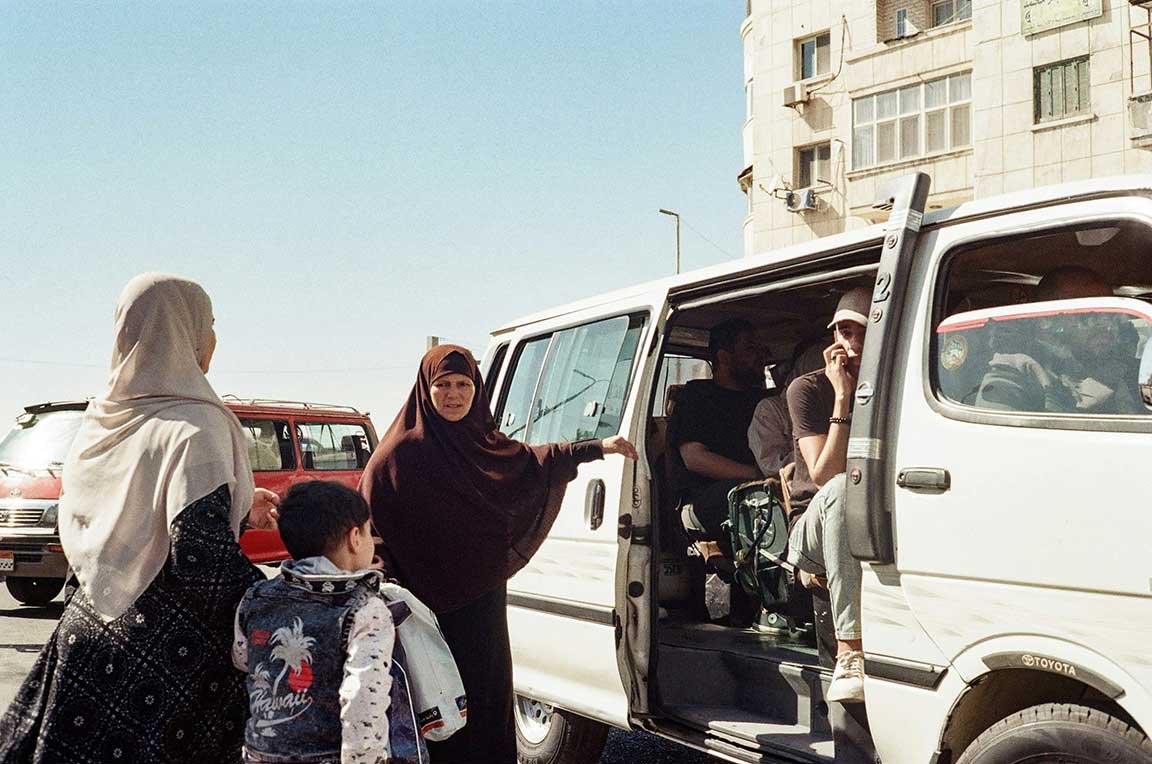
After two decades of progress, the rights of Afghan women and girls have been significantly set back in the aftermath of the U.S. military withdrawal from Afghanistan and subsequent Taliban takeover. Efforts to evacuate Afghans who had fought alongside the United States and other NATO militaries were not matched by a similar effort for at-risk women leaders. Although a lucky few made it out of the country thanks to private evacuation efforts, many of these women are now languishing in transit countries without a clear pathway forward—and most at-risk women now remain behind in Afghanistan.
1 April 2022
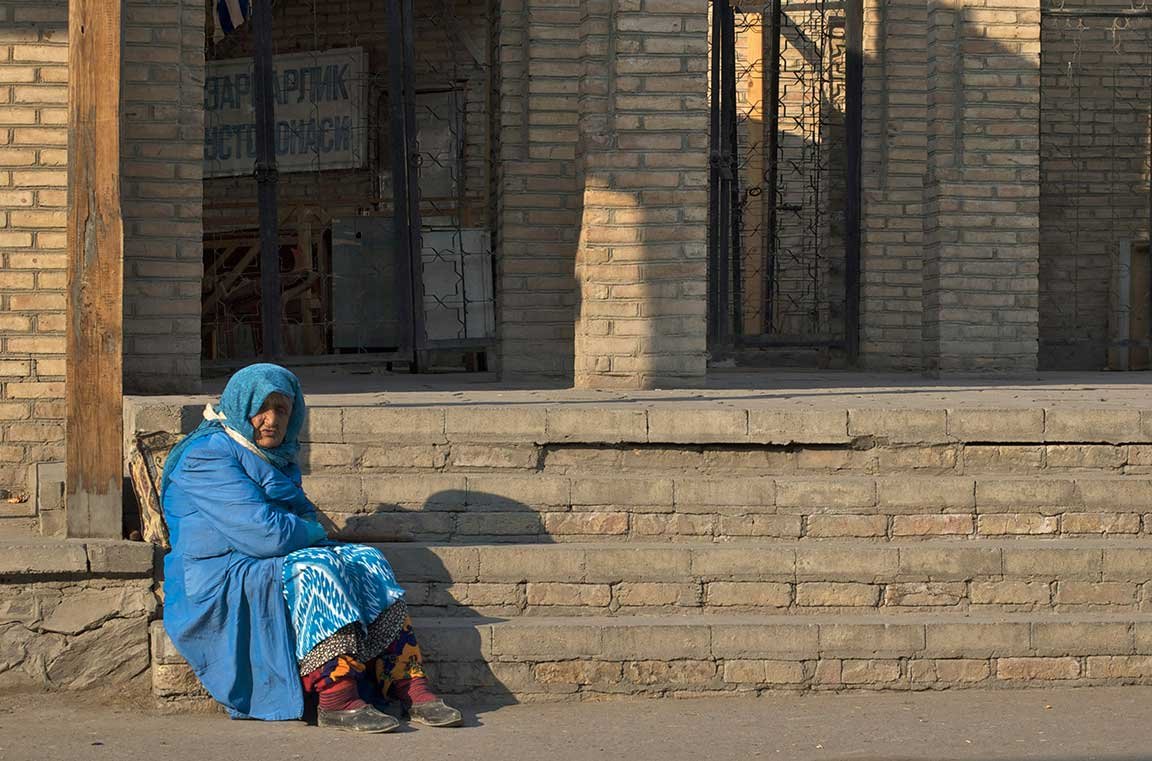
Lifesaving Humanitarian Response for Women and Girls in Afghanistan: An Urgent Call for U.S. Action
Afghan women and girls face severe risks following the Taliban’s return to power, including targeted persecution, loss of educational and employment opportunities, and restricted access to healthcare. The international community has an ongoing responsibility to protect these individuals by facilitating safe refuge options and implementing gender-sensitive humanitarian responses. The United States and other nations need to take urgent action to ensure the rights and safety of Afghan women and girls are upheld amid the escalating humanitarian crisis.
10 December 2021
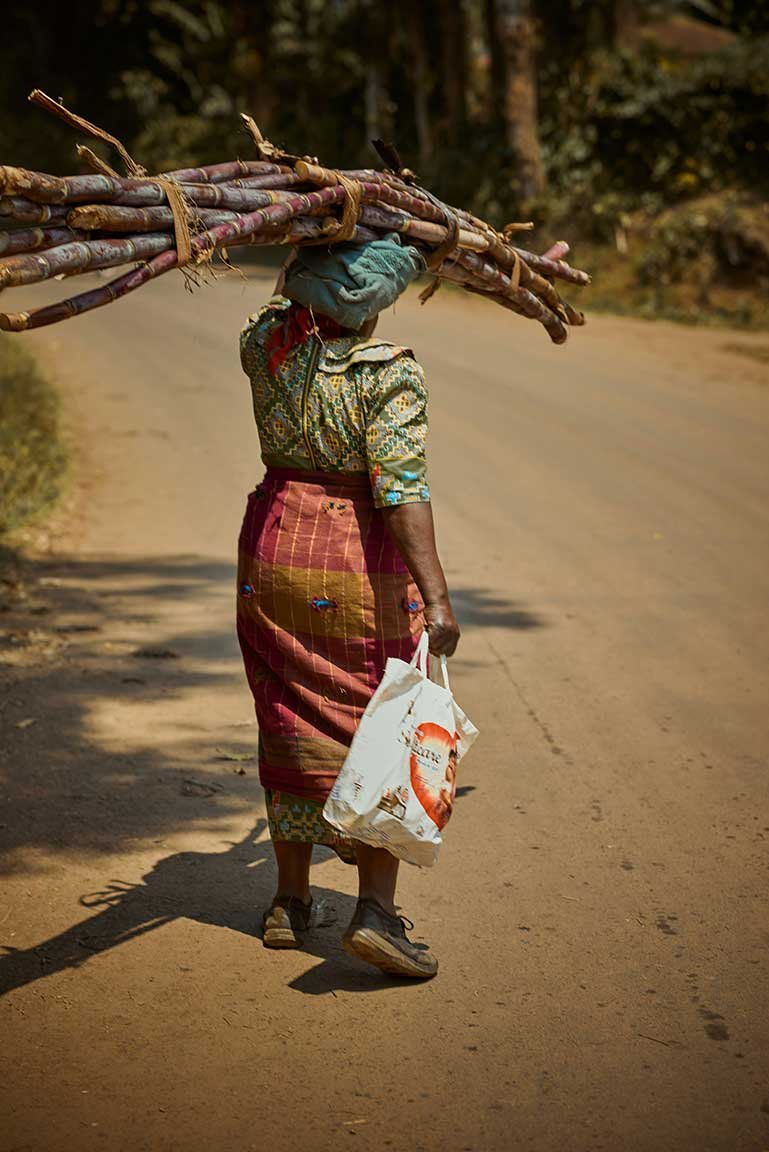
More than 6 million people are affected by the conflict in Ethiopia, and 2.2 million have been displaced. Of these, almost 1 million are women and girls internally displaced within the country. Now, when so many displaced women and girls have survived sexual violence and need help the most, the humanitarian system is failing them.
26 August 2021

National healthcare systems rarely prioritize sexual and reproductive health (SRH). This is a challenge for women and girls worldwide, including in Mali. For women and girls who have been forcibly displaced by conflict and instability, the challenges are particularly pressing.
15 April 2021
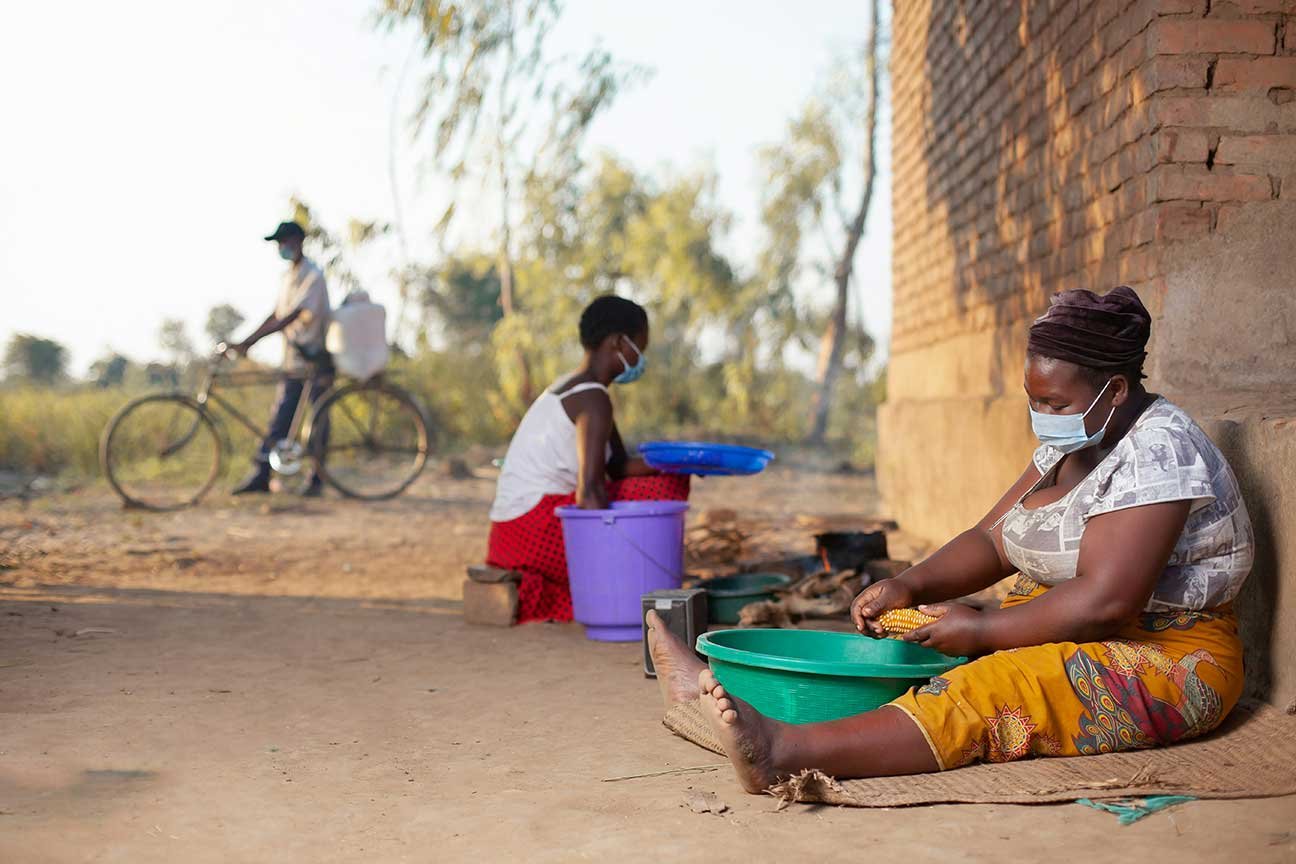
Refugees International outlines critical advice for the incoming Biden administration on how to improve the lives of displaced women and girls while re-establishing desperately needed U.S. leadership and credibility on this critical issue.
11 December 2020
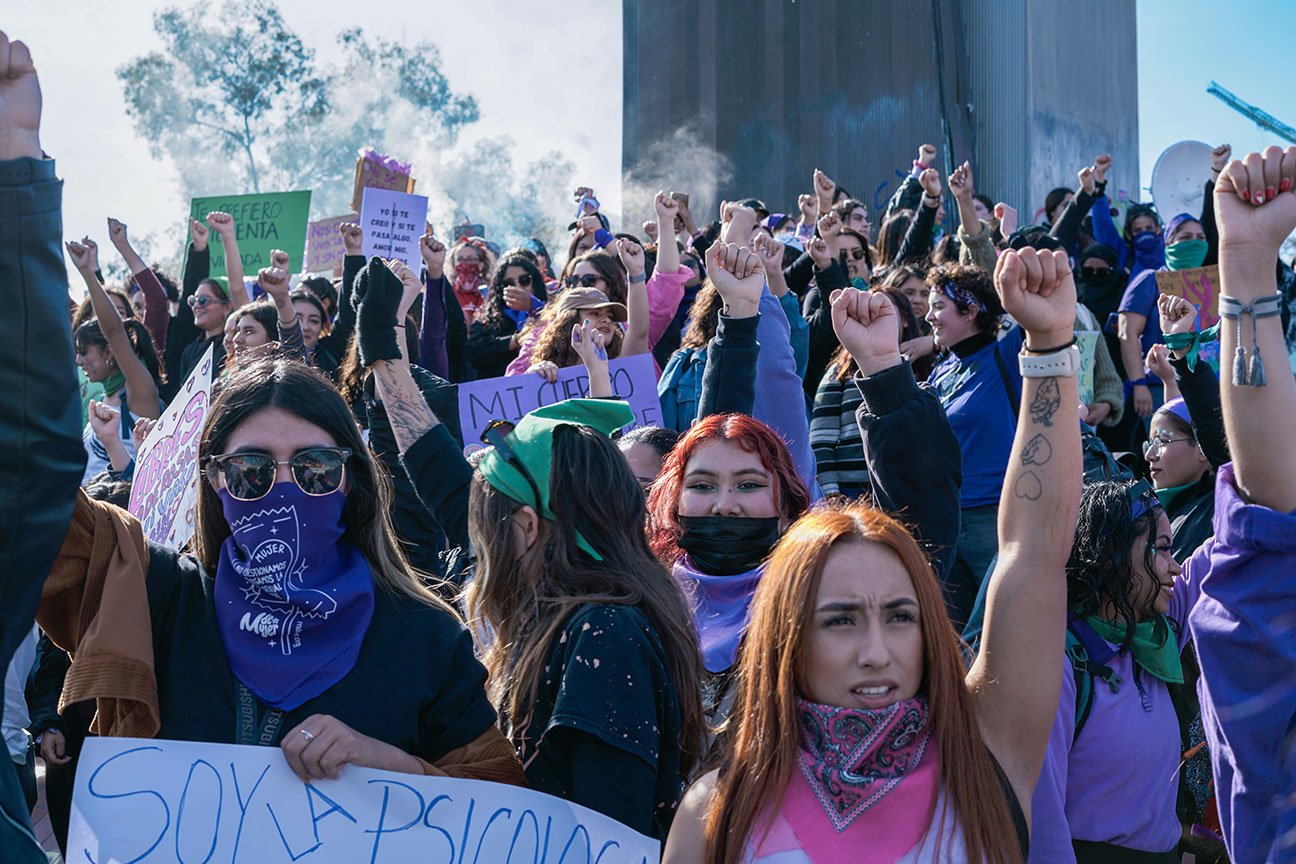
Gender-based violence is an epidemic. Indeed, one in three women worldwide experiences physical or sexual abuse in her lifetime. But for displaced women and girls, that threat is even higher. And now the realities of COVID-19 pandemic—including lockdowns, border closures, and economic desperation—have increased the risk that displaced women and girls have of experiencing various types of gender-based violence (GBV). But more can and must be done to confront this threat.
4 August 2020
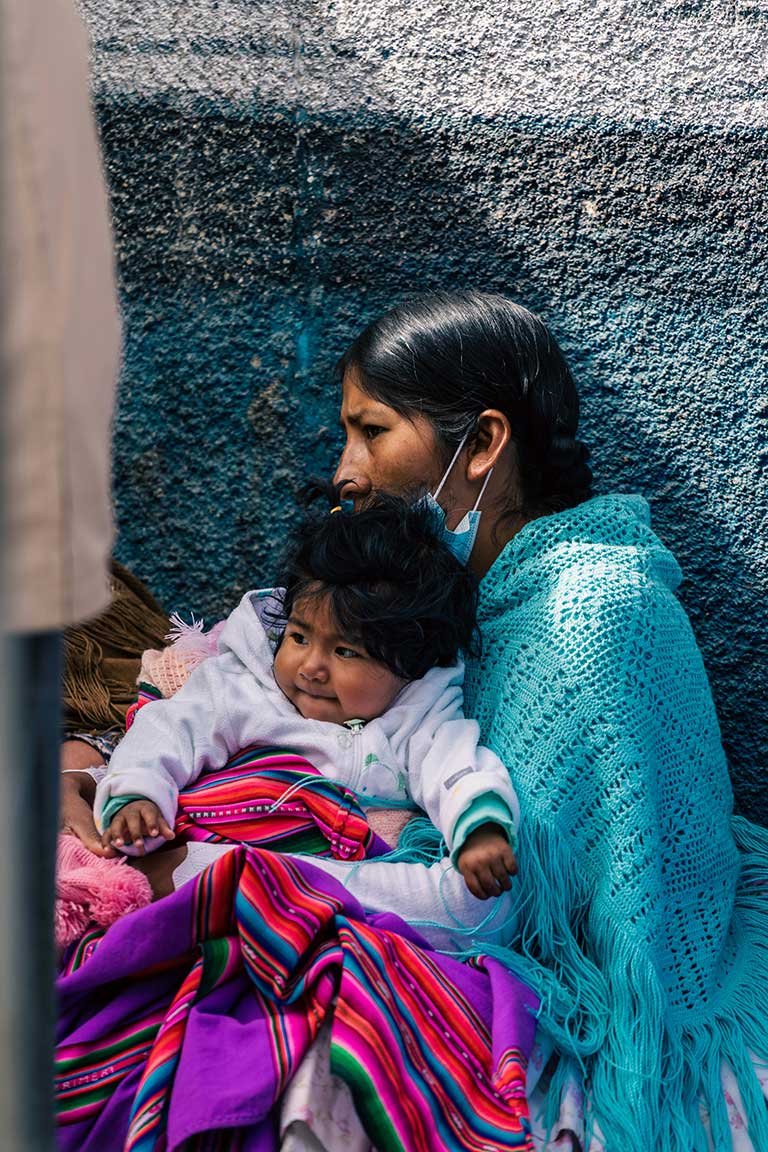
As the global COVID-19 pandemic spreads, women and girls face heightened risks as stay-at-home orders correlate with an increase of domestic and gender-based violence. Shuttered economies mean little-to-no income for vulnerable families, particularly households led by women. Medical services for women—including sexual, maternal, and reproductive healthcare—are under strain. Women and girls who have been forced to flee their homes are among the hardest hit.
7 May 2020
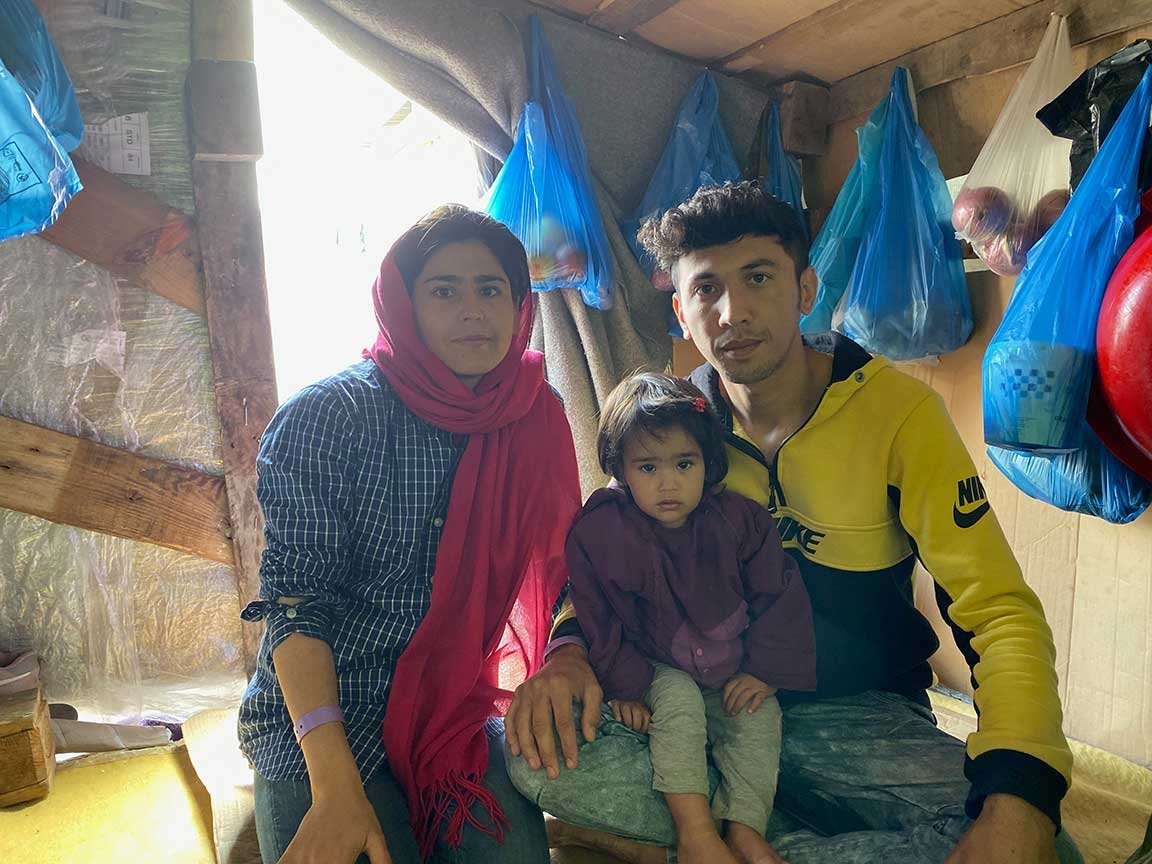
In Greece, asylum seekers live in overcrowded centers with minimal access to basic shelter, hygiene facilities, or running water, and extremely limited access to health care. To address these conditions, the Greek Parliament passed a law in November 2019. However, while this law and its amendments have intended to help decongest the islands, several provisions remove or undermine essential protections for asylum seekers.
23 April 2020
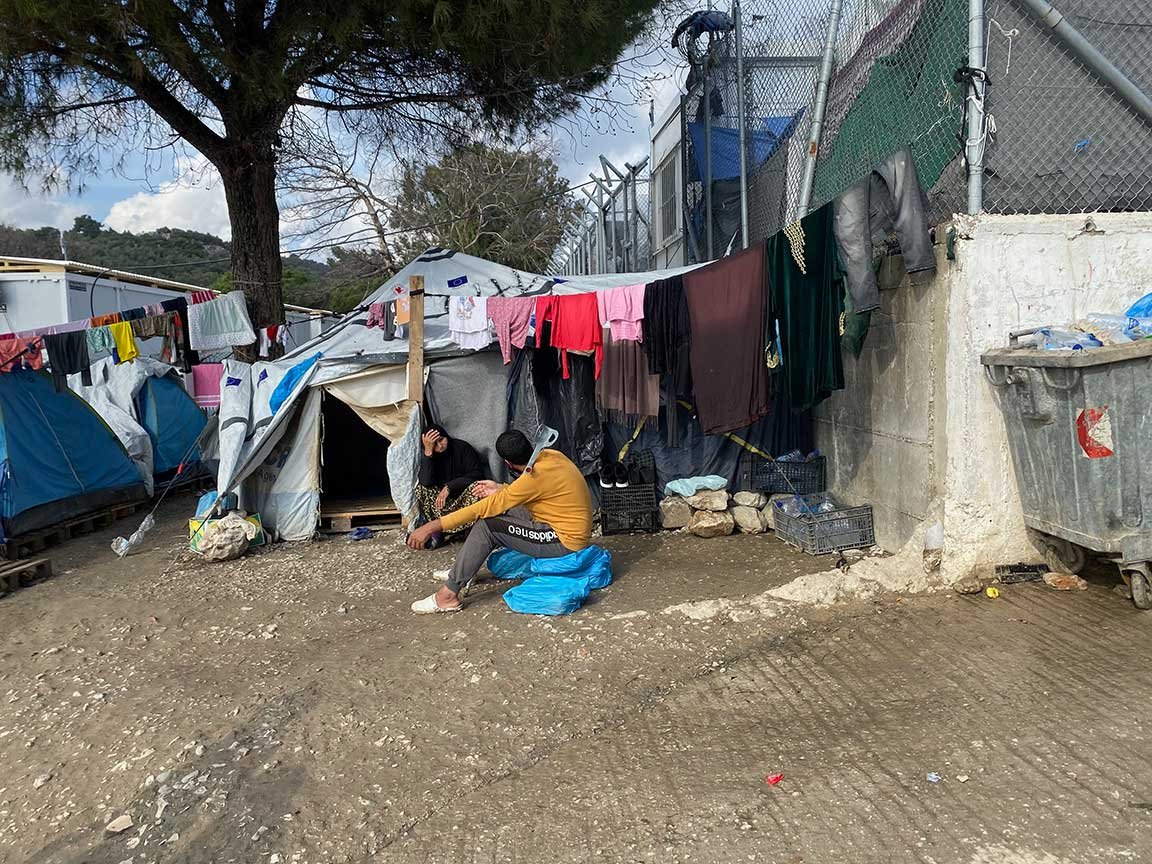
In Greece, asylum seekers are languishing in inhumane conditions, women and girls face daily threats of sexual and gender-based violence, and the number of unaccompanied minors has reached emergency levels. It’s time for that to change.
23 February 2020
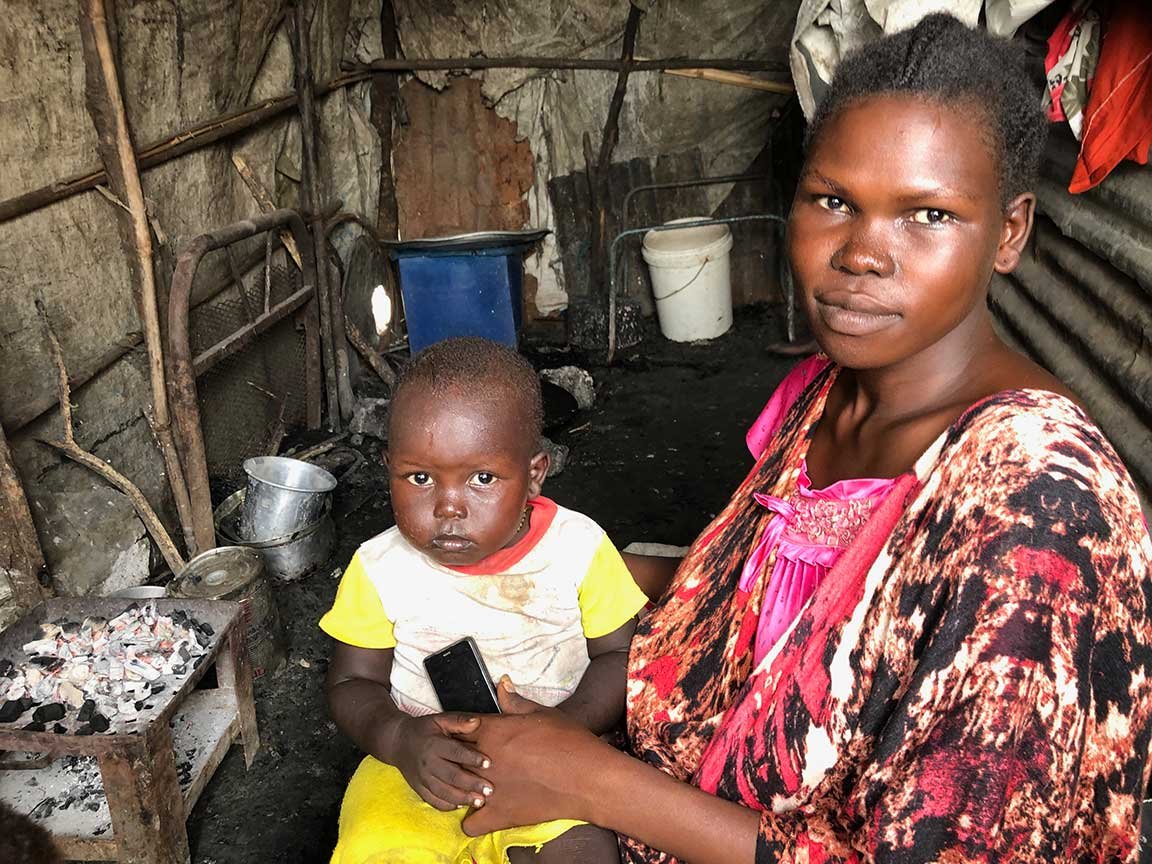
Even though South Sudan’s civil war ended a year ago, women and girls in South Sudan continue to experience some of the highest levels of gender-based violence around the world. With nearly 4 million South Sudanese displaced, women and girls who are on the move are particularly vulnerable to these attacks, as well as other risks to their safety, including intimate partner violence and underage pregnancy.
17 October 2019
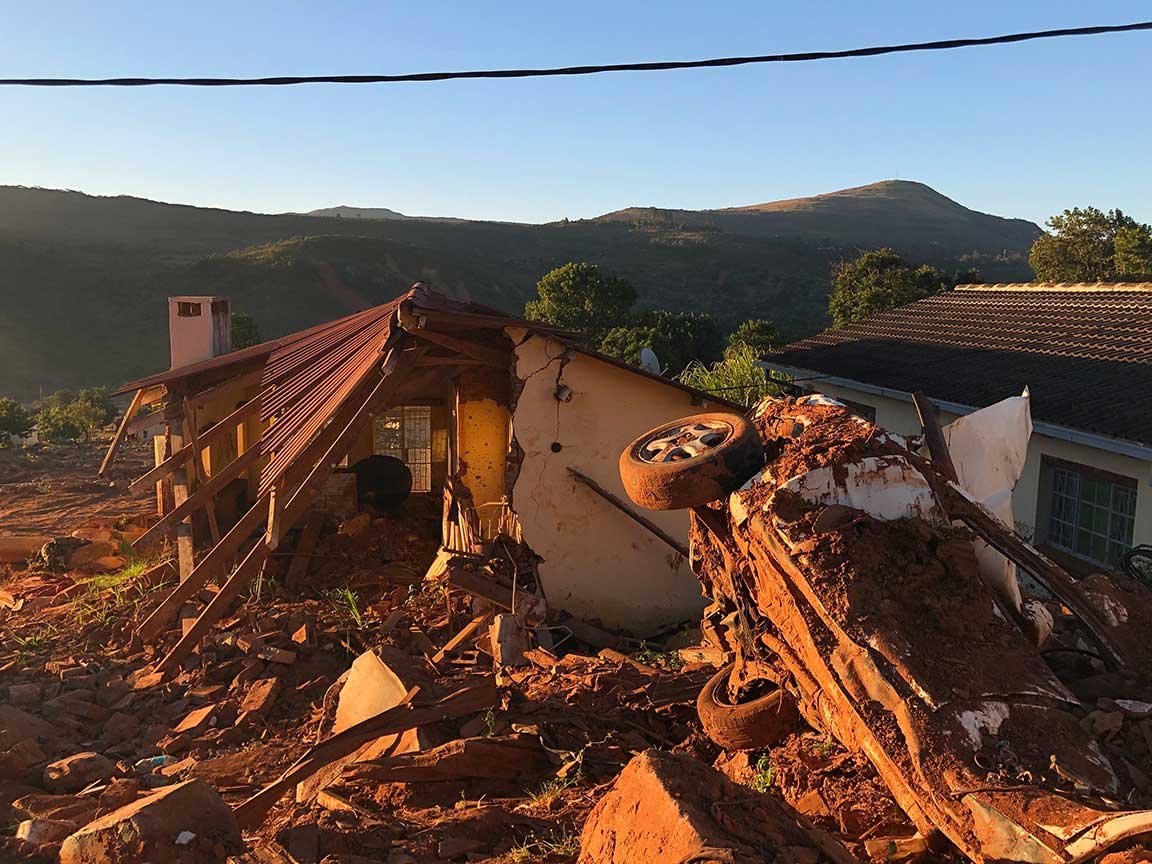
Cyclones Idai and Kenneth devastated Mozambique and Zimbabwe in March and April 2019. The cyclones demonstrate an ugly truth: climate change will affect Africa more severely than any other continent. That the two cyclones occurred at that time of year, with this severity, and in these locations was remarkable. As humanitarians continue to respond to the needs of storm survivors, including a looming food crisis affecting up to a third of the population in Zimbabwe, the region must also prepare for similar storms in the future.
13 August 2019
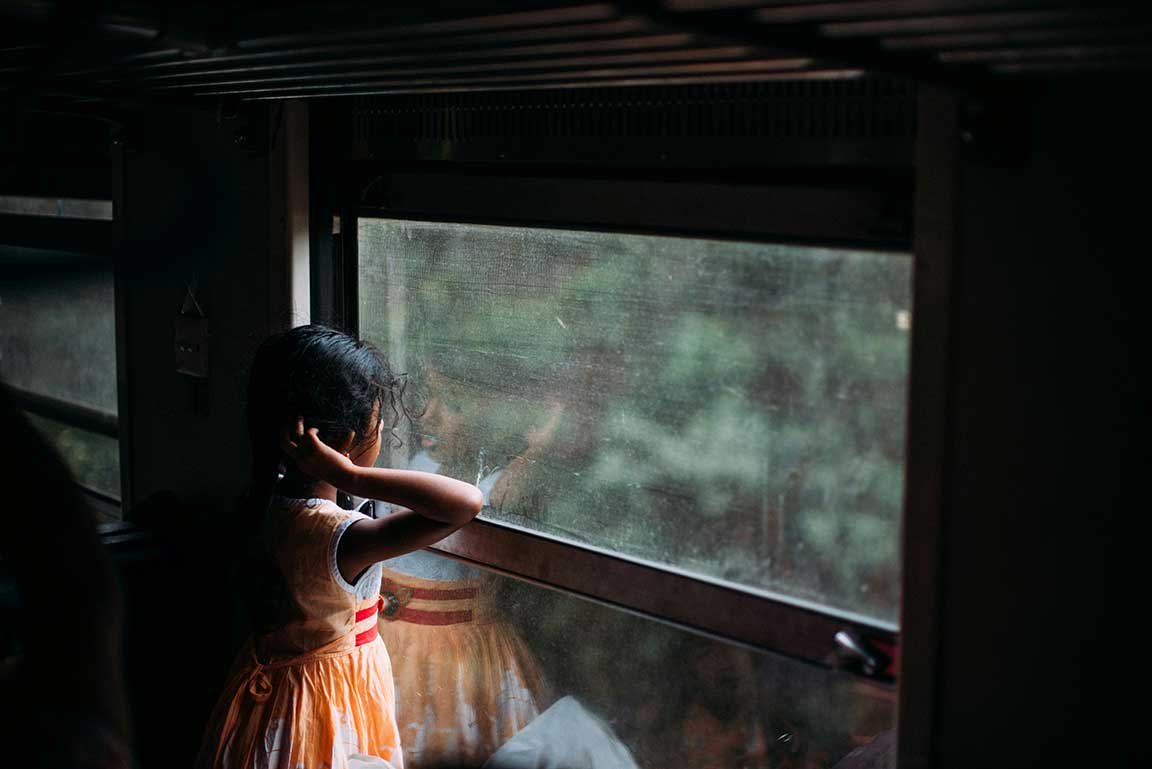
As more than 4 million Venezuelans flee their country, the risk of trafficking and sexual exploitation of Venezuelan women and girls is becoming more acute and demands urgent attention. Moreover, the number of reported female Venezuelan victims of trafficking is on the rise.
5 August 2019
© 2025 Devon Cone All Rights Reserved.
